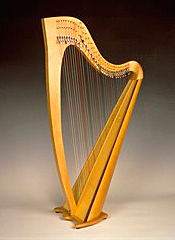
Two weeks ago we came across the shortest psalm in all of Tehillim with just two verses, and now we come across the longest with the grand total of 176!
Remarkably this psalm has the exactly the same amount of verses as the longest Sedra in the Torah Parashat Naso, and in addition, the longest tractate in the Talmud, Masechet Baba Batra contains 176 pages!
What is it about this magic number that links all three?
According to Rabbi Friedman from Aish, psalm 119 has 176 verses because it follows a pattern whereby the 22 letters of the Hebrew alphabet are used to begin 8 verses each. That is, 22-times-8 equals 176.
Which of course raises the question: What is the significance of 22 and of 8?
22 is a number of completeness, because it is the full representation of the 22 letters of the Alef-Bet – i.e. everything from Alef to Taf.
As for the number 8: We know that 7 represents the “natural realm” – i.e. 7 days of the week, 7 notes in the musical scale, etc. But 8 represents completeness beyond nature – a completeness in the spiritual realm. That is why Brit Milah is held on the 8th day of a boy’s life. This also explains why Hashem first commanded Abraham in last week’s parashah to perform circumcision with the words, “Walk before Me and be complete” (Genesis 17:1).
The product of two “complete” numbers, “22-times-8,” is therefore the ultimate completeness. That’s why 176 is used to demonstrate the complete and utter perfection of our holy Torah in the three biggest episodes of their respective genres.
May we all merit to walk before Hashem and be complete, Amen.









